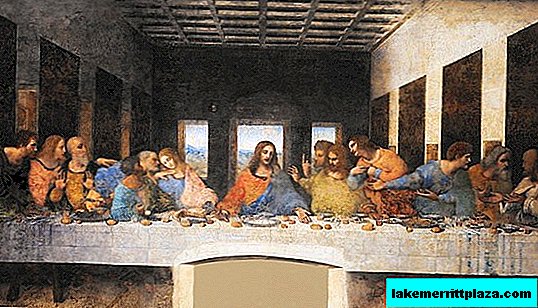Moritzburg is a hunting castle, a suburban residence of the Saxon electors of the Wettin house, a fabulous palace in the middle of a lake surrounded by forests.

Moritzburg Castle
Castle Moritzburg (Schloss Moritzburg) - the suburban residence of the Saxon Electors of the House of Wettins, located in the city of Moritzburg, 14 km from Dresden.
In 1546, in the middle of a dense forest, on the orders of the Duke Moritz von Sachsen, a hunting lodge was built, in which electors, Saxon princes and even kings often visited. Hunting in these places was always successful, because the forest was rich in various animals. Two centuries later (the 18th century), the King of Poland and the Elector of Saxony, Augustus the Strong, ordered Mateus Daniel Pöpelman (the court architect) to develop a project and then build a residence on the site of the hunting lodge, whose building would resemble a “castle on the water”.
"Pearl of Saxon Baroque" is called the castle of Moritzburg. This building harmoniously fits into the picturesque landscape of the city: the baroque handsome man with red roofs and bright yellow walls seems to soar above the silver surface of the lakes surrounding it from all sides.

Castle on the lake

Entrance to the palace
The interior of the castle is different from the appearance. The court artist tried to create an atmosphere of hunting with a light fleur of antiquity in all rooms (there are about 200 rooms). The walls are hung with paintings depicting the ancient goddess-hunter Diana. The walls of the living quarters are decorated with paintings of love scenes by Aurora and Titan, scenes from the life of the hunting gods - “The Death of Endymion” and “Punishment of Actaeon”, portraits of members of the Vettin dynasty, and ... portraits of famous courtesans. The huge halls are decorated with leather wallpaper with amazing paintings, gilding and embossed ornaments. The decoration of the castle can rightfully be called the fantastic “Room of Feathers”, which Augustus the Strong once purchased for the Japanese Palace in Dresden.

Castle exposition

Historical clothes
The gardens and park surrounding the castle are a unique example of the symbiosis of several styles. Strictly symmetric French park, broken around the palace, goes into an English landscape park. Romantic paths will certainly lead to one of the many ponds.

Fairy tale "Three peanuts for Cinderella"
Beauty and a sense of fabulousness inspired in 1973 German and Czech filmmakers to film the famous fairy tale Three Canteen for Cinderella in Moritzburg Castle. And this once again proves that the castle is shrouded in a veil of mystery and magic.
How do I save on hotels?
Everything is very simple - look not only at the booking. I prefer the search engine RoomGuru. He is looking for discounts at the same time on Booking and on 70 other booking sites.








